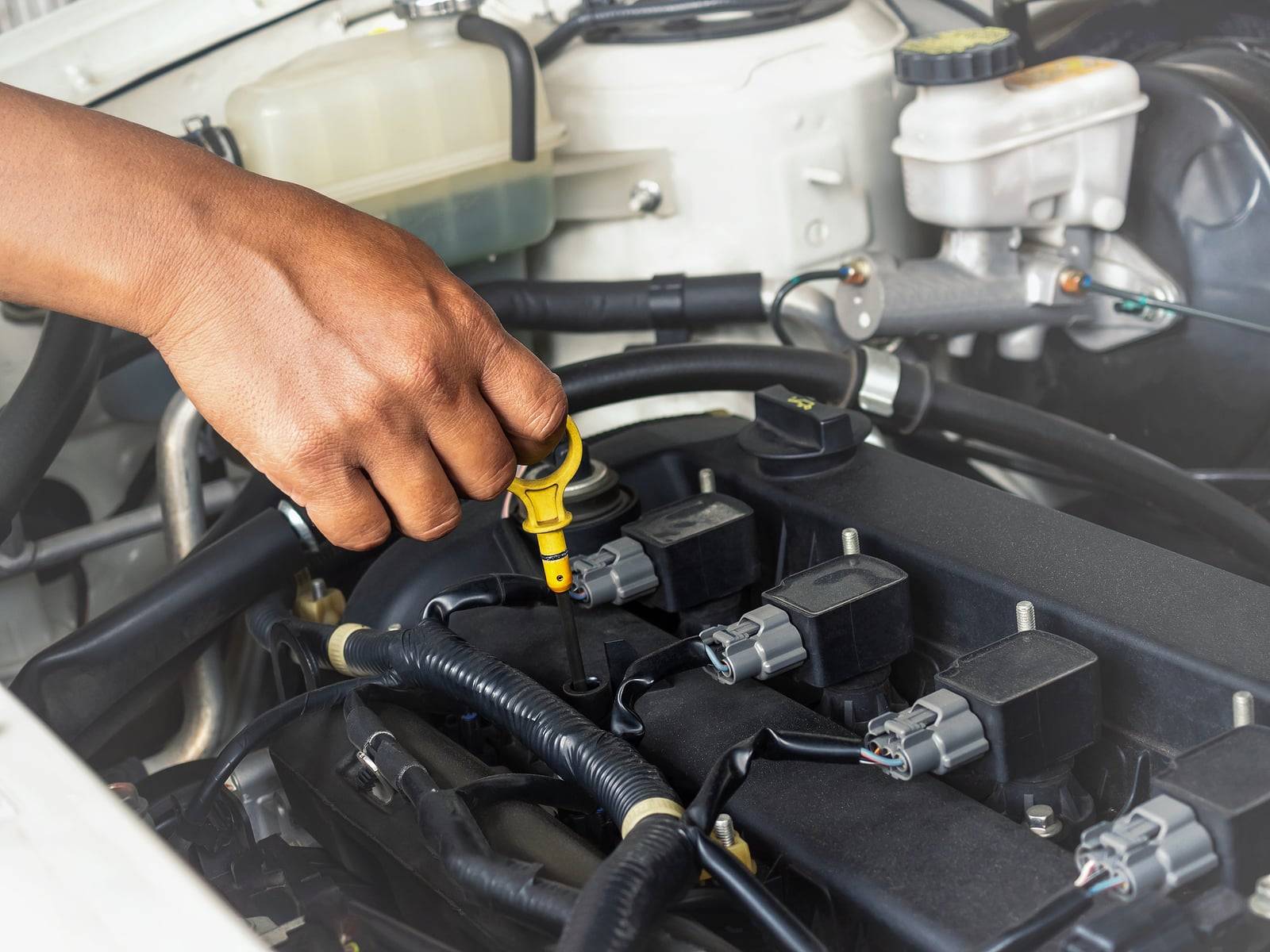New car buying scams and how to avoid them. Buying a new car is an exciting time in anyone’s life, as it usually goes hand in hand with significant life events such as a birthday, an anniversary, or a job promotion. Although we all enjoy owning and driving a new vehicle, most people surveyed responded that the hours spent at new car dealerships were the least enjoyable part of new car ownership.
People do not like the new car being experience for many reasons. Still, experts agree that consumers need to stay focused and beware of all the tactics used by dealerships that result in you spending a lot more money than originally intended. The following is a list of the top seven new car buying scams still employed by car dealerships today.
New Car Buying Scams and How To Avoid Them?
Bait and switch – This scam starts with very desirable advertised prices on vehicles that are no longer available when you arrive at the dealership. Salesmen may explain that the vehicle has already been sold or you do not qualify for the rebates that brought the cost down. To avoid this scam, always call the dealership before you physically go there. Ask about the sale vehicle availability and any additional fees to the advertised price. If you are serious about purchasing the vehicle, request a quote that includes any extra fees, and be sure to take that quote with you to the dealership.
Trade-In Car values – This scam begins when a dealer offers you what looks like a great deal on the car you are trading in. However, many dealers simply take the extra amount you were not expecting and add it to the price of the new vehicle you are buying. To avoid this scam altogether, do a little research and find out what your current car is actually worth by checking with a few different dealers and car purchasing websites to make sure you understand the actual value of your vehicle. Then negotiate the price of the new car by itself before you make the trade-in a part of the deal. By separating the two parts of the sale, you will likely get a better overall price on the new vehicle.

New car buying scams and how to avoid them
Payment-focused scam– When purchasing a new car, most people have an overall budget in mind before they begin shopping. Dealership employees often overcome this by focusing on the bi-weekly or monthly cost instead of the vehicle’s total price. By extending the term to 72 or even 84 months, the dealership may make the monthly number fit, but you will likely end up spending thousands more than you originally planned. To avoid this, stay focused on the total price, both before and after trade-in. Also, ask for a full written quote and comparison shop a few different dealerships to find the best deal.
Bad credit purchasing. If you tell a car salesman that you have bad credit, they will first want to pull a credit report to see the amount lenders are willing to finance for you. Always tell them to base their quotes on good credit and never let them pull your credit until you are ready to purchase. Multiple pulls of your credit will negatively affect your credit score! When you have chosen the car, negotiated the best deal, agree on the trade-in terms you and are ready to purchase, then and only then allow them to pull your credit. If the payments come out higher because of your bad credit report, you will be ready for it. Then ask them to explain in detail the difference in both the payment and the overall price, and you will forever understand how your credit rating directly impacts how much you will pay for big-ticket items throughout your life.
Refinance scam – Never, never sign a contract because a salesperson tells you that you can come back and renovate the deal at a later date. Once you sign a contract, they will not change the agreement no matter what they say verbally. The dealership may use this tactic to move you to another car, carry over the debt from the first car, and put you into a negative equity position. Negative equity occurs when the vehicle’s value is lower than what you owe, and no one should ever want to be in that position. Do not ever sign a contract unless you agree to the price and all the terms and conditions, as you will be legally held accountable to them.

New Car Buying Scams and How To Avoid Them?
Bogus fees – Dealerships use additional expenses to move up the cost of a new car for negotiating purposes. Some of the most popular non-essential added fees include environmental, administrative, anti-theft, and nitrogen tire fill fees. Buying a new car is one of the most expensive purchase decisions an average person will make throughout their life. Take the time to thoroughly research which fees are required and which ones you should immediately negotiate off the price. The more you know, the less you will pay.
Add-on Products – Car buying consumers all agree that the most annoying part of the new car buying experience comes when you are in the business office getting ready to sign the agreed-upon contract, and the hard sell of additional products begins. Add-ons such as rust proofing, paint protection, extended warranties, tire protection, and maintenance packages make a lot of money for the dealership, often more than the profit margin on the car itself, so expect the hard pressure sell at this point. While you may want to consider adding one or two particular items, it is best to consider these add-ons long before you are at the end of signing contracts. For example, you can wait to buy an extended warranty until a few months before your new car warranty expires, and many credit unions offer the same product to their members at a much lower cost than the dealership.
So when it comes time to purchase that new vehicle, research, research, and research before heading out to the dealership. Make sure you make a budget and stick to it. Do not let the excitement of the moment lead you to bad decision-making. Get as much information as possible on your desired vehicle, including reviews of the car and the dealership, before starting shopping in person. And, if possible, take an objective friend or family member with you, so you do not rush into an emotional purchase.
Read more – How to Get the Protection against Bank Fraud








